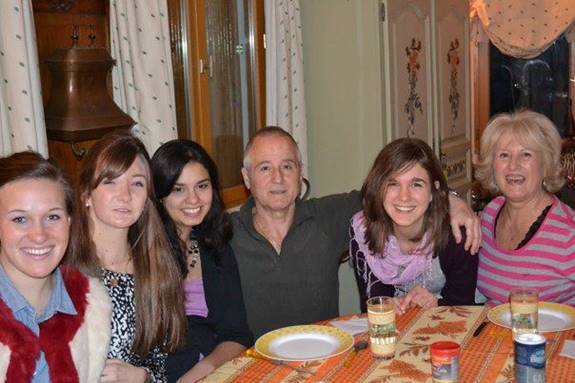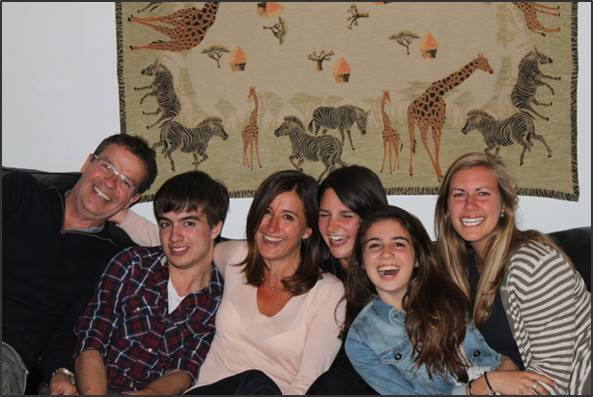Your Housing Accommodations
Here are some general rules, tips, and expectations to help you become accustomed to your new home!
IMPORTANT NOTE: Much of this information is directly from IAU’s 2016 summer handbook. Please be sure you have downloaded the following documents and read them thoroughly:
- Enrollment Letter
- Handbook
- And, in case it’s helpful, here is a printable map of Aix
Living in a French home is considered the best form of housing because it provides an immediate introduction to life in this new place. It is an incomparable opportunity for those who seek knowledge that is neither superficial nor second hand. It provides an introduction into the community and is a great incentive to learning French. IAU’s hosts come from a cross-section of society; they belong to no particular professional or social milieu, but all are carefully chosen and many have hosted American students for years.
Most of the rooms available with the hosts are approximately a 15 to 30 minute walk from classes. Accommodations a bit farther from the Center may be more spacious. Housing coordinators make periodic visits to the hosts to be sure that the cleanliness and comfort meet the Institute’s standards. Students should consult with the housing coordinator after arrival should any questions or concerns arise regarding their homestay arrangement.
Every housing placement is different with different pros and cons. Your accommodations will be different than what you’ve come to expect in your home country. In general, be prepared for a relatively small living space in an older building with very basic amenities. Now is the time to open your mind and get ready to experience something different; this attitude is in the spirit of your decision to study abroad. Please also remember, that when you are abroad, you will be representing your home institution and your home country; behave appropriately.
Homestay Etiquette
Dinner in France is typically later than in the U.S. Many French restaurants do not even open for dinner until 7:00 p.m. You should expect to eat dinner with your host between 7:30 p.m. and 9:00. This is an excellent opportunity to get to know your host, ask questions about French culture and share your background and culture, practice your French, and to enjoy French cuisine. You may want to offer to help prepare the meal or to help clean up – this is a great way to become a part of the household – and learn some French recipes along the way! All of our hosts are different – and some may have rules when it comes to food. For example, you should not assume that you have free access to what is in the refrigerator unless your host clearly invites you to do so.

DEMI-PENSION
When living in French homes, students are on a demi-pension “plan.” This includes daily breakfast and six dinners per week. Bed linen, pillow, and blankets are provided and the room is cleaned weekly. Please bring a towel. Your host will generally provide one machine load of wash per week.
Students are responsible for lunches. There are many affordable cafés, brasseries, boulangeries, small sandwich and grocery shops near the center and in most neighborhoods.
Typical Prices for:
Sandwich and a drink – 5 Euros to 8 Euros
Seated meal in a restaurant, café, brasserie – 13-15 Euros
Coffee and a croissant – 5 Euro
The daily open market offers fresh fruit, vegetables, cheese, fish, herbs, and flowers, and is the most economical place to shop for food. Students may sometimes have access to cooking facilities in their homes, but should first ask the host before using them.
One of the best parts of studying abroad is being open to this new culture – and new cuisine. You may be presented with meals that you normally would not eat in the U.S. but this is part of the adventure and we encourage you to try new foods, even foods that you normally wouldn’t try because you may be very surprised!

